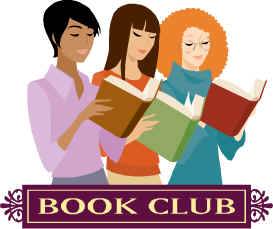
Book
of Salt
by
Monique Truong
August 26, 2013
2:30 – 4:00 p.m.
|
|
Book
of Salt by August 26, 2013 2:30 – 4:00 p.m. |
1. Explore the ways in which spoken
and written language are used as tools
of exclusion and inclusion. (remember that
French is not the "native"
language for Binh nor for Gertrude Stein and
Alice B. Toklas- all are in some sense
linguistically colonized and excluded)
2. "Slip your own meanings into their words,...Language is a house with a host of doors, and I am too often uninvited and without the keys. But when I infiltrate their words, take a stab at their meanings, I create the trapdoors that will allow me in when the night outside is too cold and dark" (155). Does this statement reflect a linguistic subversion by Binh? How does this statement relate to the first question?
3. Consider that in this text food, its preparation and presentation, is a "language." Explore this "language" in terms of hegemony and subjectivity.
4. "Salt" and "blood" are major tropes in the novel. How and in what ways do they link the themes of displacement, homelessness, and the quest for connection.
5.What is the significance of the kitchen as a gendered space?
6. How does this novel distort and/or subvert the dichotomy of gender roles?
7. The novel is narrated in the first person (the subjective"I"); Binh "tells" his story in his own voice and yet the novel is filled with characters who have pseudonyms, false names, and no names . What is accomplished by this device which works to obscure identity? In fact, who is Binh?
8. Explore the intersections of the various forms of marginalization: class, race, ethnicity, nationality, sex/gender. Examples, please
9. Obviously, "othering" functions on multiple levels in this novel. Consider and establish the intersections and results of this "othering."
10. Agency--who has it, who does not, and how is it expressed?
Adapted from:
http://mlhopps.faculty.tcnj.edu/Reading%20Questions.htm